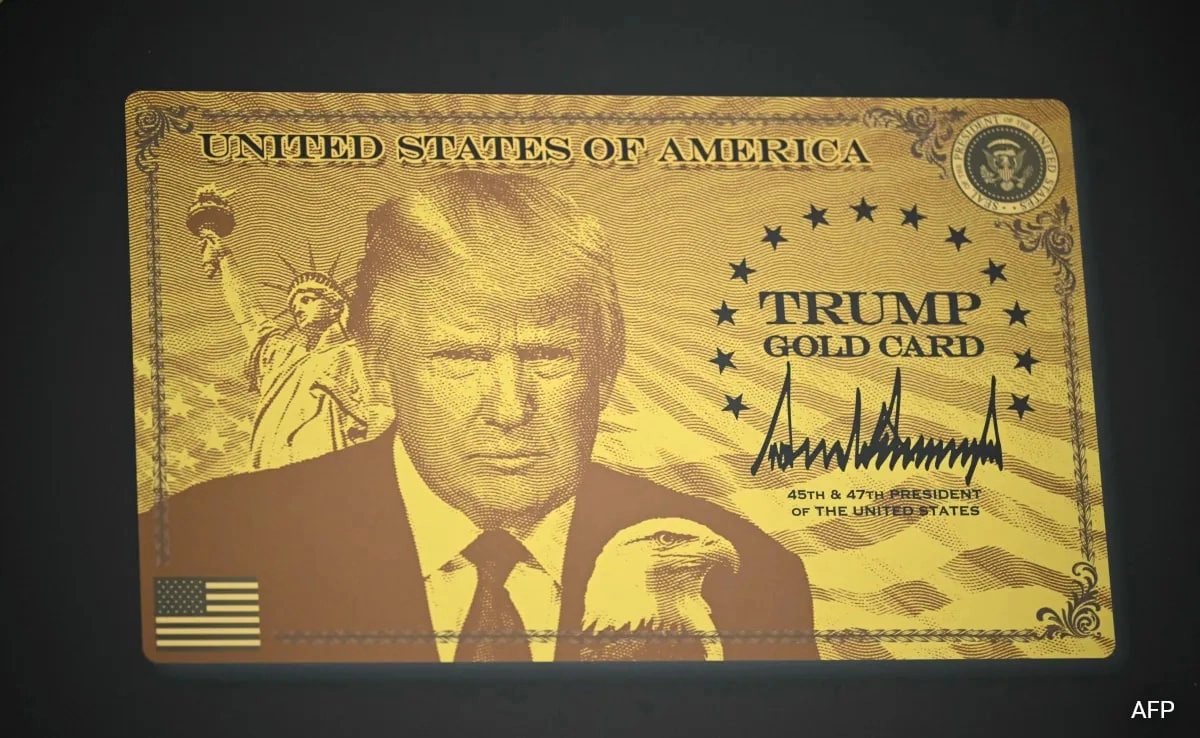Section 232 of the Trade Expansion Act of 1962 is a significant provision in U.S. trade law that allows the government to impose tariffs or trade restrictions on foreign imports that are deemed a threat to national security. This section empowers the Secretary of Commerce to conduct investigations and determine whether specific imports are causing harm to the domestic industry or if they pose a risk to the security of the United States. The underlying premise of Section 232 is that certain imports could undermine the nation’s ability to maintain a robust and secure defense posture.
The process begins with a petition filed by an interested party, typically a domestic industry that believes it is being harmed by foreign competition. Upon receiving the petition, the Secretary of Commerce has 270 days to conduct a thorough investigation and make recommendations to the president. If the investigation concludes that the imports in question do indeed threaten national security, the president has the authority to implement tariffs or other trade measures. This mechanism has been utilized in various instances, notably during the steel and aluminum tariffs imposed by the Trump administration in 2018, which were justified under the argument that reliance on foreign metals could weaken the U.S. defense capabilities.
Critics of Section 232 argue that it can be misused for protectionist purposes rather than genuine national security concerns. They contend that the broad definition of national security could lead to unfair tariffs that disrupt international trade and provoke retaliatory measures from other countries. Proponents, on the other hand, argue that safeguarding key industries is essential for maintaining economic stability and national security, particularly in an era where supply chains are increasingly globalized and interdependent. This tension between protectionism and free trade continues to fuel debates among policymakers, economists, and business leaders.
In summary, Section 232 serves as a powerful tool for the U.S. government to address perceived threats to national security stemming from foreign imports. Its implementation reflects a balance between protecting domestic industries and maintaining fair trade practices. As global economic dynamics evolve, the application and interpretation of Section 232 will likely remain a focal point of discussion in trade policy, influencing how the U.S. interacts with its trading partners and navigates the complexities of international commerce.




